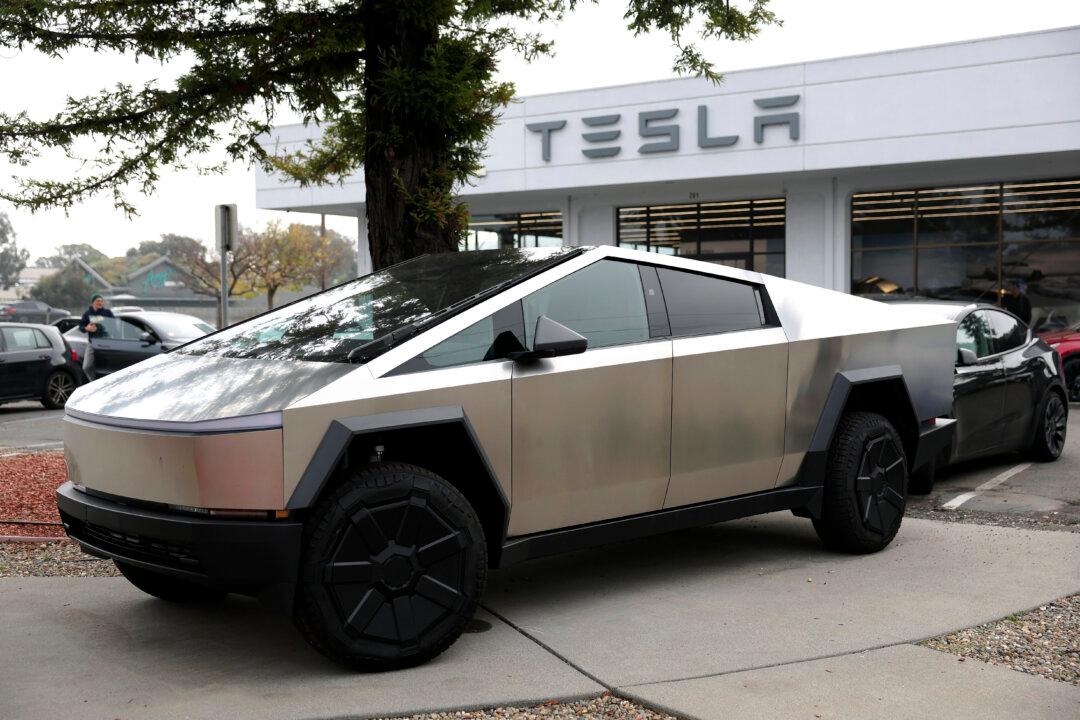Shares of Tesla Motors were little changed in extended trading after the electric vehicle maker’s first-quarter earnings report fell short of Wall Street estimates.
Total revenues fell by 9 percent to $19.34 billion from $21.3 billion a year earlier, and automotive revenues plunged 20 percent to $14 billion from $17.4 billion last year.





